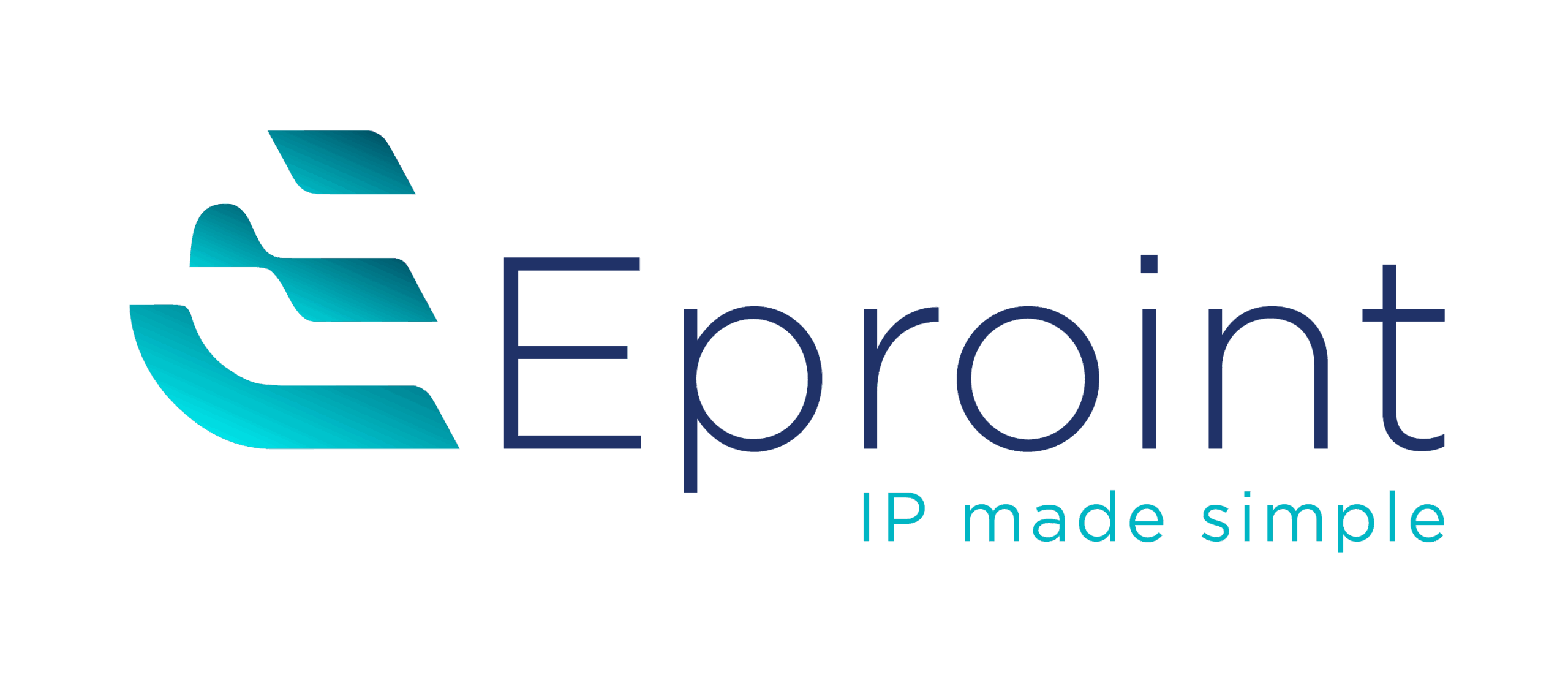By Carlos Corrales
“The idea of who owns assets in the digital realm is a big deal that almost no one knows about. Except collectors of NFTs.” Adam McBride (NFT Historian)
In recent years our community has experienced the fantastic phenomenon of the NFT, “non functional tokens”.
NFT’s are assets tokenized via a digital ever-growing list of data records secured with unique identification codes that distinguish them from other tokens.
This definition sounds not interesting at all as NFT’s are the high trend nowadays
How are these NFT’s legally protected?.
From the Intellectual Property perspective, there may be two ways to protect these intangible assets.
a) Copyrights. NFT’s may be considered as literal or artistic original work. Thereby, the author may be entitled to the copyrights. We could also consider that an NFT may be a work for hire as long as the NFT is an original work.
b) Trademarks. A NFT may be distinctive and may identify a product or service. Consequently, it may be registered as a trademark. However, we may question if a NFT by itself is a trademark or in which class of the international classification should it be assigned. In this case, as the NFT is an asset that have been tokenized via a blockchain, this description fits more class 9 as long as the trademark owner wants to protect an NFT.
The 12th Nice International Class and EUIPO directives, consider the class 09 is the appropriate as long as there is a digital downloadable archive authenticated by a NFT, the description of the product is individualized.
In conclusion, NFT’s are protected by Intellectual Property Law, and to do this we must apply the general principles of IP law that better suits this innovative concept of NFT’s.



